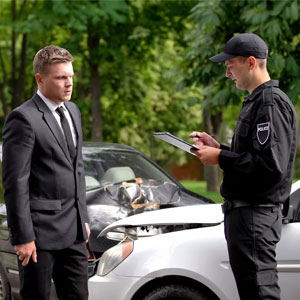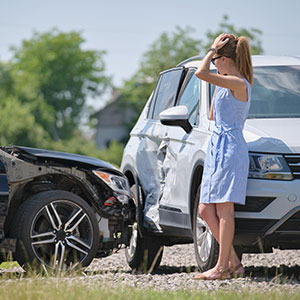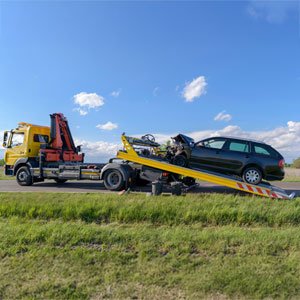“Same or Similar” Coverage Escape Clause
Car AccidentsIn the case of Estate of Walls v. Southern Owners, Case Number 1D20-1422, Fla. 1st DCA (March 31, 2021), Florida’s First DCA held that an escape clause in a not-for-profit’s corporate policy meant that no automobile liability coverage is provided under the policy.
Facts of the Case
Unfortunately, this case began when Rachel Walls passed away from injuries from a car accident. The driver who hit her was a volunteer employee for a not-for-profit corporation called Partners for Pets. The driver was transporting a pet for the organization. The volunteer employee driver had her own auto insurance policy with GEICO with policy limits of $25,000. Partners for Pets had a $1 million policy limit with Southern Owners Insurance Company.
The Walls estate obtained a $5 million wrongful death judgment against Partners for Pets and then sought to collect on the $1 million liability policy. Southern Owners defended by relying on an escape clause in their policy that provided that the insured “does not have any other insurance available … which affords the same or similar coverage.”
Of course Southern Owners argued that the volunteer employee driver’s GEICO policy was the “same or similar coverage.” The trial judge found in favor of Southern Owners and this case went on appeal.
The First DCA cited Southern-Owners Ins. Co. v. Wall 2 Walls Constr., LLC, 592 F. App’x 766 (11th Cir. 2014) and struggled to reach any other conclusion except that the word “similar” in reference to coverage does not mean GEICO’s coverage. In other words, despite any potential ambiguities, the fact that GEICO provided bodily injury liability for the same accident was enough to consider it “similar.”
The net result of this legal logic is that Southern Owners did not have to provide any coverage whatsoever for the accident simply because the volunteer driver had her own car insurance with GEICO (just like every driver on the road is supposed to have).
Analysis
While the policy language is what it is, the real question is what is Southern Owners selling to the non-profit in exchange for a premium. If every vehicle on the roadway is supposed to be insured and has insurance, then the “same or similar” escape clause should really never be used. One must question whether this interpretation is good public policy because Partners for Pets likely thought it was covered with far better coverage than just whatever insurance coverage its volunteers have on their own personal policies.
Perhaps a better interpretation would have been that “same or similar coverage” also includes the policy limits. In other words, if a volunteer driver had personal automobile policy limits of $25,000 while Partners for Pets had $1 million in coverage, then the escape clause should operate to to reduce Southern Owners maximum liability from $1 million to $975,000. If that had been done, then Partners for Pets would have gotten the benefit of what they likely intended to bargain for while Southern Owners has a policy that provides for more than illusory coverage in most cases.
Nonetheless, that is not what happened in this case and is not likely to be the precedent going forward as this case has already been decided.
This case is a reason to consult with your insurance agent about how your coverage actually works rather than waiting until after an accident to figure it out.
Talk To A Florida Personal Injury Attorney
This case exemplifies the need to fully understand the extent of your insurance coverage before an accident happens. Call Russo Law for a free consultation regarding the facts and circumstances of your case. We are here to help you with your Florida car accident case.


